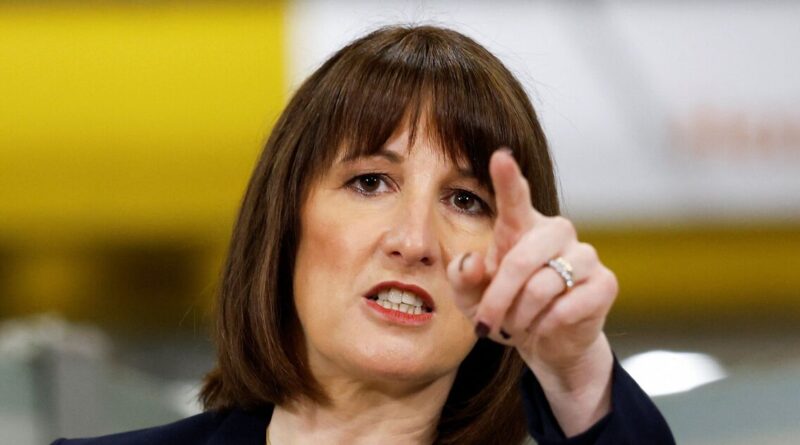Rachel Reeves ‘confirms’ brutal tax raid on wealthy Brits | Personal Finance | Finance
Rachel Reeves is expected to hit wealthy Brits with higher taxes in her upcoming Autumn Budget despite Labour’s manifesto pledge to avoid increases to income tax, national insurance contributions and VAT. The Chancellor is calling on rich people to “contribute” more in order to fill the reported £22 billion black hole in public finances.
She recently appeared at Fortune Magazine’s global forum in Riyadh, Saudi Arabia, and emphasised the need to maintain “sufficient headroom” in government finances. During a talk at the event, Ms Reeves called on wealthier people living in the UK to “contribute” more to the effort of rebuilding public finances and services.
As reported by GB News, she said: “Everybody knows that countries around the world are having to spend more on defence that we need to rebuild our public finances and our public services, and everyone who makes Britain their home should contribute to that.
“We don’t want to drive anyone out of the UK, but we do want to make sure that we tax people fairly, people who make Britain their home, whichever country they or their parents are originally from.”
After being questioned about the upcoming Autumn Budget on November 26, the Chancellor refused to rule out tax increases. She said that the budget would be centred around economic growth which has been “neglected as a tool of fiscal policy in the last few years”.
Ms Reeves said: “The underpinning for economic growth is stability, and I’m not going to break the fiscal rules that we’ve set.” She added that she is considering “tax and spending to ensure that we both have resilience against future shocks by ensuring we’ve got sufficient headroom, and also just ensuring that those fiscal rules are adhered to.”
However, the Chancellor has confirmed that her team is still “going through the process” of completing the budget. Nothing is yet confirmed with decisions under consideration.
Experts previously warned against plans to tax the wealthy, which includes hitting people with expensive houses, large pension pots or ISA savings, or with assets such as luxury cars. They pointed out the move would actually make the UK poorer as billions of pounds would be driven out of the country.
Oliver Jones, Head of Asset Allocation at personal finance experts Rathbones Group, previously said: “There is clear evidence that a recurring wealth tax would be economically damaging to the UK.” He also produced an analysis showing such a tax would actually cost £600 million to set up, and £700 million to administer every year.
The expert added: “Such a tax would require annual valuations of complex and illiquid assets – including private businesses, art, and intellectual property – for thousands of individuals. This process would be costly to administer, difficult to enforce, and could create significant economic distortions.”





